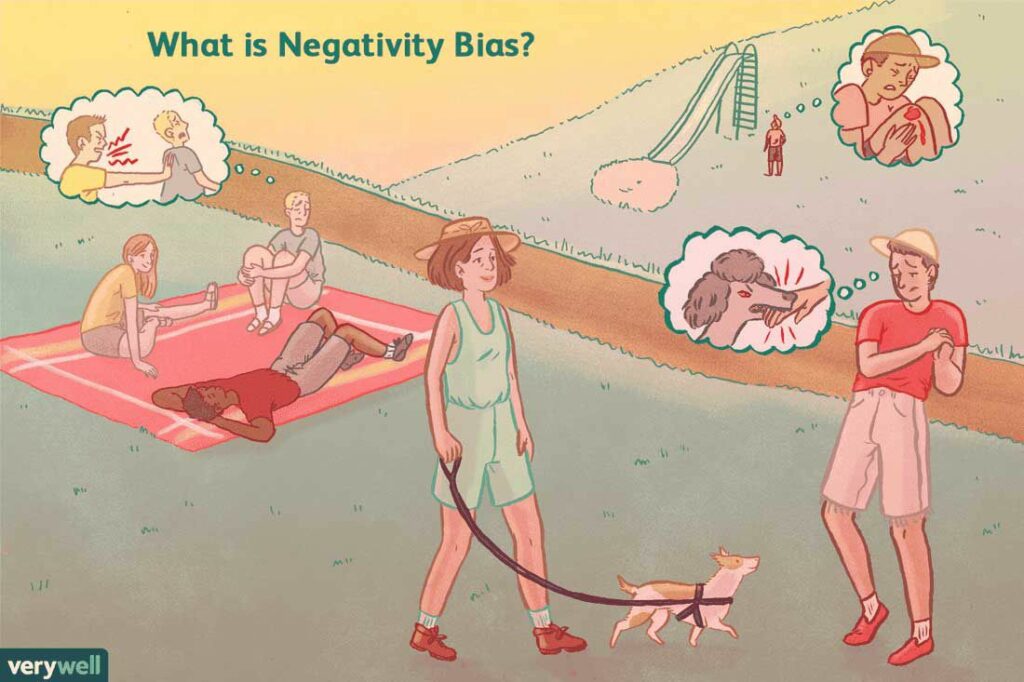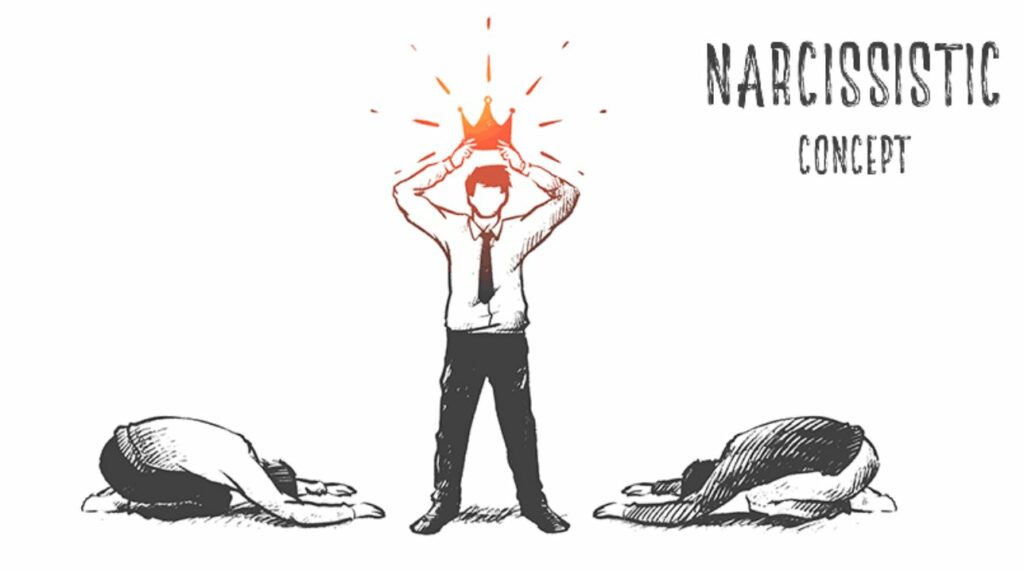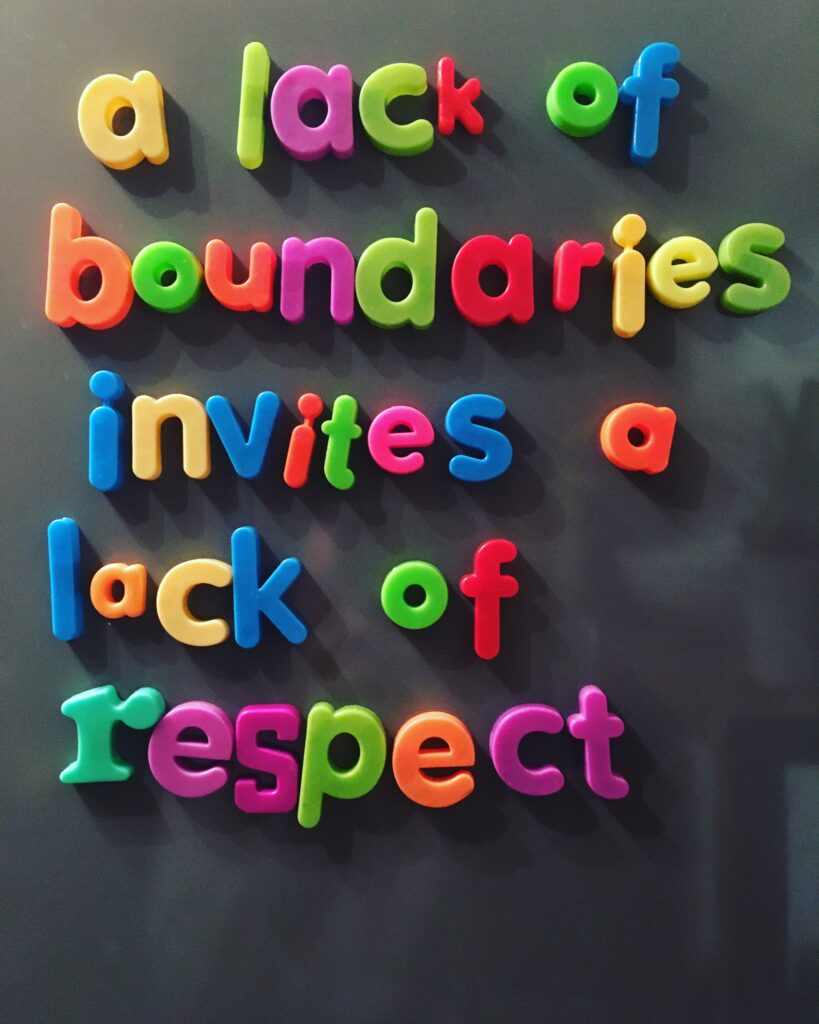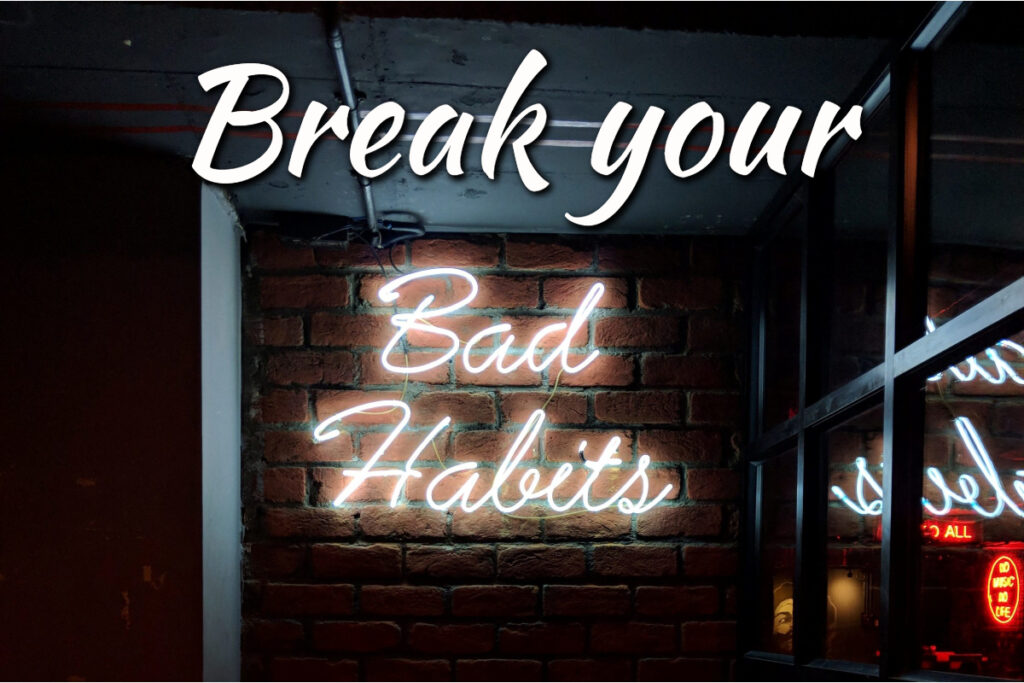Navigating Toxic Individuals: 15 Harmful Habits to Avoid
In life, we encounter a variety of individuals, each with their own unique traits and behaviors. While most people contribute positively to our lives, there are some who exhibit toxic habits that can be detrimental to our well-being. Toxic individuals can drain our energy, lower our self-esteem, and hinder our personal growth. It is important to identify and understand these harmful habits in order to effectively navigate toxic relationships. In this blog, we will explore 15 toxic habits to avoid, providing insights and tips on how to deal with each one.
1. Toxic Positivity:

Toxic positivity is the habit of always promoting a positive outlook, regardless of the situation. While positivity is important, toxic positivity dismisses genuine feelings of sadness, anger, or frustration, and can prevent healthy emotional processing. To combat this, it is crucial to acknowledge and validate all emotions, allowing for a more balanced and authentic approach.
2. Passive-Aggressiveness:

Passive-aggressive behavior involves indirect expression of hostility or anger. This can manifest through subtle insults, sarcasm, or backhanded compliments. Addressing passive-aggressiveness requires open communication, assertiveness, and setting clear boundaries to encourage direct and honest conversations.
3. Negativity Bias:

Some individuals have a tendency to focus solely on negative aspects, often overlooking the positive. This constant negativity can be emotionally draining and impact our own outlook on life. To counter negativity bias, it is important to cultivate a positive mindset, practice gratitude, and surround ourselves with supportive and uplifting individuals.
4. Excessive Criticism:

Toxic individuals are often overly critical, constantly pointing out flaws and shortcomings. This constant criticism can erode self-confidence and create a hostile environment. Developing resilience and self-compassion is key to combating excessive criticism, as it helps to maintain a healthy self-image.
5. Gossip:

Engaging in gossip can be tempting, but it is a toxic habit that damages relationships and spreads negativity. Avoiding participation in gossip and redirecting conversations to more positive and productive topics promotes a healthier and more trustworthy environment.
6. Narcissism:

Narcissistic individuals have an excessive sense of self-importance and a constant need for admiration. Dealing with narcissism requires setting clear boundaries, prioritizing self-care, and seeking support from trusted friends or professionals when necessary.
7. Entitlement:

Toxic individuals with a sense of entitlement often believe they deserve special treatment and disregard others’ needs and boundaries. It is important to assert ourselves, establish boundaries, and not enable their entitled behavior, promoting healthier interactions.
8. Manipulation:

Manipulative individuals use tactics such as guilt-tripping, gaslighting, or emotional blackmail to control others. Recognizing manipulation and developing assertiveness and self-confidence can help protect ourselves from being manipulated.
9. Belittling:

Toxic individuals may belittle or demean others, often to boost their own self-esteem. Building self-worth and surrounding ourselves with positive and supportive individuals can counteract the effects of belittling behavior.
10. Lack of Accountability:

Toxic individuals often avoid taking responsibility for their actions and shift blame onto others. Promoting accountability within relationships involves open communication, setting expectations, and holding each other responsible for our actions.
11. Lack of Boundaries:

Toxic individuals may disregard personal boundaries, invading others’ personal space or emotional well-being. Establishing and enforcing clear boundaries is crucial in maintaining healthy relationships and protecting our own mental health.
12. Lack of Support:

Supportive relationships are built on mutual care and encouragement. Toxic individuals may lack empathy and fail to provide the support we need. Seeking support from trusted friends, family, or professionals can help fill this void and foster emotional well-being.
13. Overwhelming Jealousy:

Jealousy can poison relationships and breed resentment. When someone consistently exhibits overwhelming jealousy, it is important to address the root causes, encourage open communication, and work towards building trust.
14. Emotional Manipulation:

Emotional manipulation involves using emotions to control or manipulate others. Recognizing manipulative tactics, practicing assertiveness, and seeking professional guidance can help break free from emotional manipulation.
15. Lack of Empathy:

Toxic individuals often lack empathy and fail to understand or consider others’ feelings. Surrounding ourselves with empathetic individuals and practicing empathy ourselves can help counteract the effects of this toxic habit.
Conclusion:

Navigating toxic individuals and their harmful habits can be challenging, but it is essential for our well-being and personal growth. By identifying and understanding these toxic habits, setting clear boundaries, seeking support, and cultivating positive relationships, we can effectively navigate toxic relationships and create a healthier and more fulfilling life. Remember, it is our responsibility to protect our mental and emotional well-being, and by doing so, we empower ourselves to lead a happier and more balanced life.



